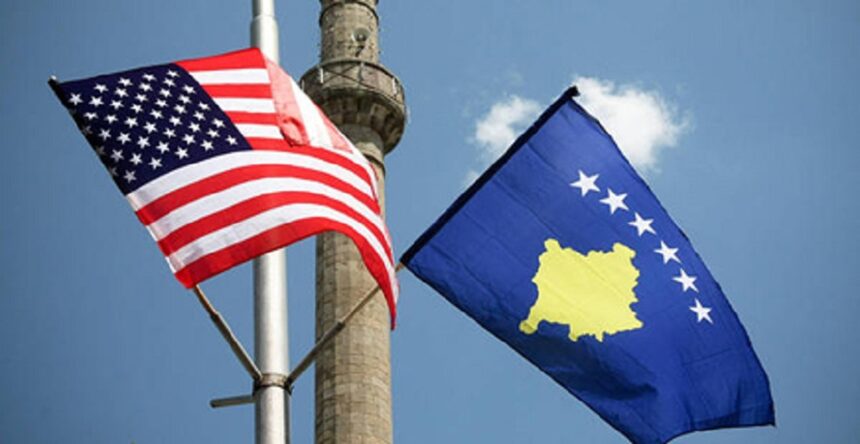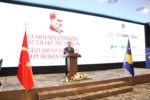If the “Western Balkans Democracy and Progress Act” is approved by the U.S. Congress and Senate and signed by President Donald Trump, the United States would be legally committed to ensuring that its foreign policy does not support the division of territories, secession, or any other border changes based on ethnicity in the Western Balkans, including between Kosovo and Serbia, as well as the potential separation of Republika Srpska.
This provision is part of Section 11 of the bill, which addresses relations between Kosovo and Serbia, and emphasizes that the agreement on the normalization of relations between Belgrade and Pristina, reached on February 27, 2023, with the support of the European Union, must be implemented promptly. The law also promotes bilateral talks, concrete initiatives to increase trade and investment, and U.S. support for a final agreement.
For the first time, the bill includes a paragraph explicitly addressing “no border changes.”
“The United States will not pursue any policy that supports territorial exchanges, secession, or other forms of redrawing borders along ethnic lines in the Western Balkans as a tool to arbitrate disputes between national states in the region,” the bill states.
As of October 9 of this year, the bill has been referred to the House Foreign Affairs Committee and the Judiciary Committee for review of the sections falling under each committee’s jurisdiction. No deadline for review has been set, and the committees may request testimony, amendments, or changes before the bill returns to the respective chamber for a vote. The bill must pass committee review, and the committee may amend it or reject it entirely. If approved, it will move to a vote in the House of Representatives or Senate, depending on where the process began. Only after approval by both chambers and the President’s signature will it become law.
Another part of the bill focuses on Russian and Chinese influence in the region, requesting a report within 180 days from the Secretary of State and heads of U.S. agencies on malign influences in the Balkans. The report will include an analysis of Russia’s and China’s objectives, U.S. countermeasures, and a list of all actors interfering in democratic processes or restricting freedom of expression.
The law also emphasizes economic growth and democracy, including: increasing trade and investment, regional integration, support for women’s and youth entrepreneurship, improving the rule of law, energy diversification, and the transition to green energy.
According to the draft bill, particular attention is paid to corruption, poverty, youth emigration, disinformation campaigns, and dependence on Russian energy as the region’s main challenges. The law is expected to strengthen U.S. engagement in the Western Balkans and ensure a clear stance against changes to borders through force or ethnic-based criteria.
The debate over a potential territorial exchange between Kosovo and Serbia intensified around 2018, after years of a stalled EU-mediated dialogue. The idea envisioned border adjustments, mainly in areas with Serbian majorities in northern Kosovo and Albanian-majority areas elsewhere in Serbia. Former Kosovo President Hashim Thaçi, one of the proposal’s main supporters alongside Serbian President Aleksandar Vučić, claimed the idea was not a division but a border correction. However, the proposal faced strong opposition from Kosovo’s political spectrum and some of Kosovo’s international allies.
One major concern was the fear that it could encourage the secession of Republika Srpska from Bosnia-Herzegovina, while also potentially destabilizing relations in other regional countries such as North Macedonia and Montenegro.







